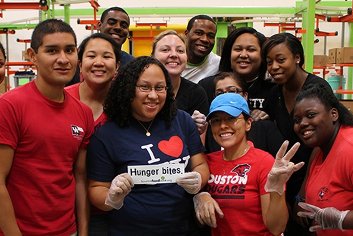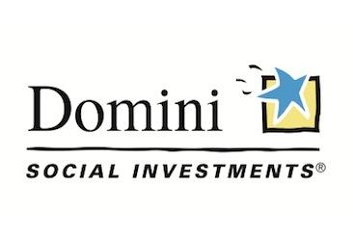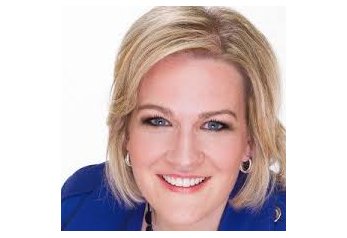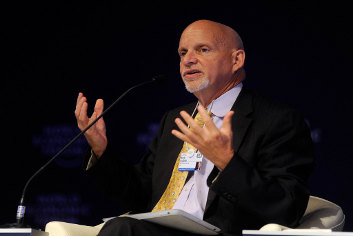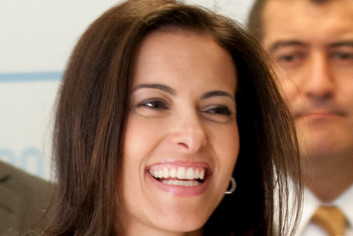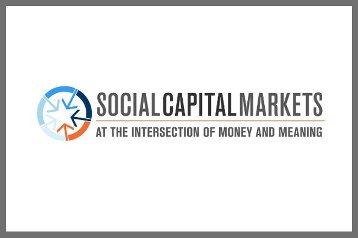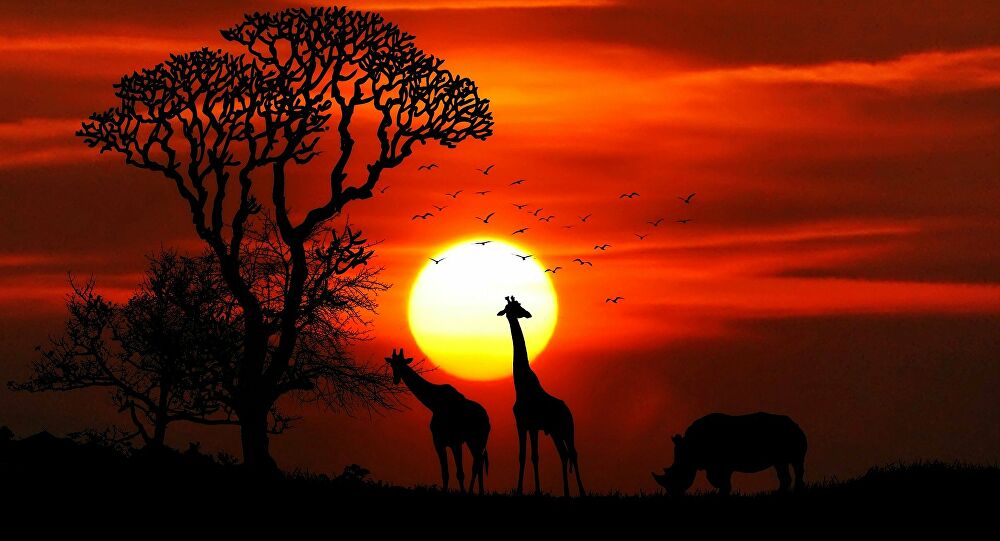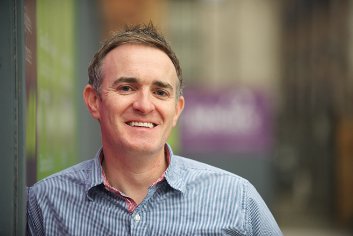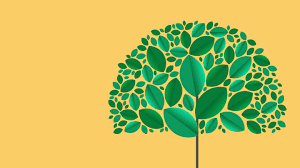
RICHARD BETTS INTERVIEW
OLBIOS: How would you describe the collective experience of the crisis in Turkey and what has struck you the most about it?
Richard Betts: Of course Covid-19 has been extremely challenging for people everywhere and in Turkey, I think it’s fair to say, that everyone has been affected as there have been periods when the whole country has been under lockdown. In my job I was already used to smart working, though of course not on a daily basis, but I think what has struck me most has been the solidarity. Due to the restrictions, families have been together throughout the lockdown. In this sense, it is as if Covid-19 has forced us to return to a lifestyle more akin to how many, probably most, people would have lived in previous centuries: for example in pre-industrial societies many families lived their whole lives in the same village and the husband and wife both worked together on the land and were always with their children.
During the lockdown though we have not had the daily hustle and bustle so typical of the modern hectic way of life, many people have had to juggle working at home with their family responsibilities and hence life has becomebusier. Indeed, during lockdown, the boundary between work time and family time has become blurred and arguably non-existent.On a more positive note, I have seen many examples of people being more empathetic and accommodating due to the realization that it is a difficult time for everyone.
At a personal level, in our family we have been in daily contact with close family in Turkey and in the UK and so there is an irony in that though forced to stay apart we have actually become closer together. The great improvements in communication technology in recent years have made it much easier for many of us to stay in close contact with our families and with our clients. Indeed,it has been easier for us to adapt to the lockdown than it would have been had this happened to earlier generations.
O: On a social level, has this crisis been an eye-opener and an opportunity for important insights and significant changes and lessons to be learned in many domains? Could you give one or more examples?
R.B. : Clearly, there are lessons that we must learn from the Covid-19 crisis, including the need to reassess our priorities. As just one example in the health sector, our health professionals have rightly been winning many plaudits for their life-saving work during extremely difficult Covid-19conditions. Yet, until recently, in many Western countries public health budgets were being cut. There is widespread support for more investment in public health services and for health professionals to be better paid but this is likely to be a key challenge for governments everywhere that are faced with major deficits and reductions in tax revenue, including Corporation Tax and Employee Income Tax, for the foreseeable future.
As a second point, there have been many scientific warnings that we can expect more frequent extreme events in the coming years in a warming world – for example, due to extreme weather or more frequent pandemics. However, most of our economy, including our public health service, is set up to deal with a normal level of activity – with ‘business as usual’. So in many countries, despite recent cuts, a great deal of money is still spent on public health but to treat the most common illnesses and not to deal with a new infectious disease or pandemic that may not arise for many years. However, if we can expect extreme events such as pandemics to become more frequent, then there are major implications for how countries allocate their budgets and in terms of public health, the type of areas that are funded.
O: Tell us about your work and if you think it has or is likely to become more complex or even more relevant after the crisis.
R.B. : At KPMG I am in charge of our sustainability services as technical and commercial lead in Turkey. I am also in charge of our internal sustainability activities. I also have a lot of international responsibilities and work very closely with our teams and clients internationally. Our main focus areas include climate change and decarbonisation, sustainable financing, non-financial reporting and assurance, strategy and implementation and circular economy.
Personally, I find working in sustainability very motivating as sustainability is extremely important to us all. There have been many recent reports highlighting how the top issues facing the economy and all of us are now predominantly sustainability risks. To give just 1 example, the World Economic Forum’s annual Risk Report this year rated almost all of the top risks facing the global economy over the next 10 years as being climate-related environmental risks. Hence, working in sustainability gives me a clear purpose and allows me to align my personal and professional interests.
It is also clear that Covid-19 is an example of a sustainability risk. Covid-19 is an example of a zoonotic disease and the science is clear that the risk of zoonotic diseases is greatly increased by a lot of unsustainable practices such as environmental degradation, deforestation and rampant wildlife trafficking. Recent scientific reports make clear that under the current trajectory we can expect more infectious diseases and pandemics in the coming years due to global warming and because of rampant environmental degradation we are now coming into much more frequent contact with new pathogens – zoonotic diseases that until recently humans had never been exposed to.
Covid-19 is also an example of a sustainability supply chain risk. For example, a recent article in the Financial Times found that 300 of the 500 largest corporations in the world had operations in Wuhan where the pandemic started. A very common misconception has been that issues like biodiversity, wildlife trafficking and climate change are not relevant to many companies and people. Many companies have wrongly thought that because they did not have any operations in the tropics or in areas of high biodiversity that biodiversity was not important for them or that because they did not emit a lot of carbon that climate change was not an important issue to their business. However, the Covid-19 crisis has shown us all that these kinds of issues are in fact of planetary significance. There is a clear parallel with other sustainability issues such as climate change and environmental degradation as earth is home to us all.
There has been a big increase in awareness regarding many areas of sustainability and there is a lot of momentum, even if many companies have temporarily changed their priorities while they have been grappling with the Covid-19 crisis. It is clear that the climate crisis and other sustainability challenges that we are faced with will remain key challenges throughout this century and are all set to intensify in the coming years under the current trajectory. Hence these issues will become even more relevant for us all as the focus starts to move from the Covid-19 crisis.
O: On a personal level, has this crisis changed your focus on what really matters and on future plans and courses of action?
R.B. :It has reinforced my conviction that we must rapidly transform our economy to one based on a sustainable economy that is renewable, circular and restorative. Our linear economic model of ‘mine, make, use, waste’ was able to work previously when the global population and economy were much smaller but our collective footprint is now so large that it is clearly unsustainable.
The scale of the challenges facing humanity are now so great that it is clearly inadequate for any of us as companies or individuals to aim to do a ‘bit less bad’ with marginal reductions to our footprint. Rather, the goal for us all must be to create positive impact in contributing to the key issues facing us all. It is no longer adequate for companies to merely be profitable they must also be purposeful and able to show how they are contributing to create net positive and restorative impact.
As an example of 1 of the things that I have started recently here is to establisha Climate Warrior network at. We have created a climate warrior team page for fundraising and events that is open to all our teams to join. We have launched events in Turkey and overseas. We did this initially by supporting official events like races but then, due to the Covid-19 restrictions, by improvising and organizing activities from the safety of our homes – I ran ‘an’ Istanbul half marathon in our basement after the official half marathon was postponed due to Covid-19.
The total impacts of our initiative to date has been to secure permanent protection for around 12,000 acres (5,000 hectares – 50km2) of rainforest and to lock in an estimated 2 million tonnes of carbon (as context the average carbon footprint of a global citizen is around 5 tonnes of CO2e per year and hence similar to balancing the annual footprint of around 400,000 global citizens). We are now working on the next activities.
Richard Betts is Sustainability Director at KPMG

